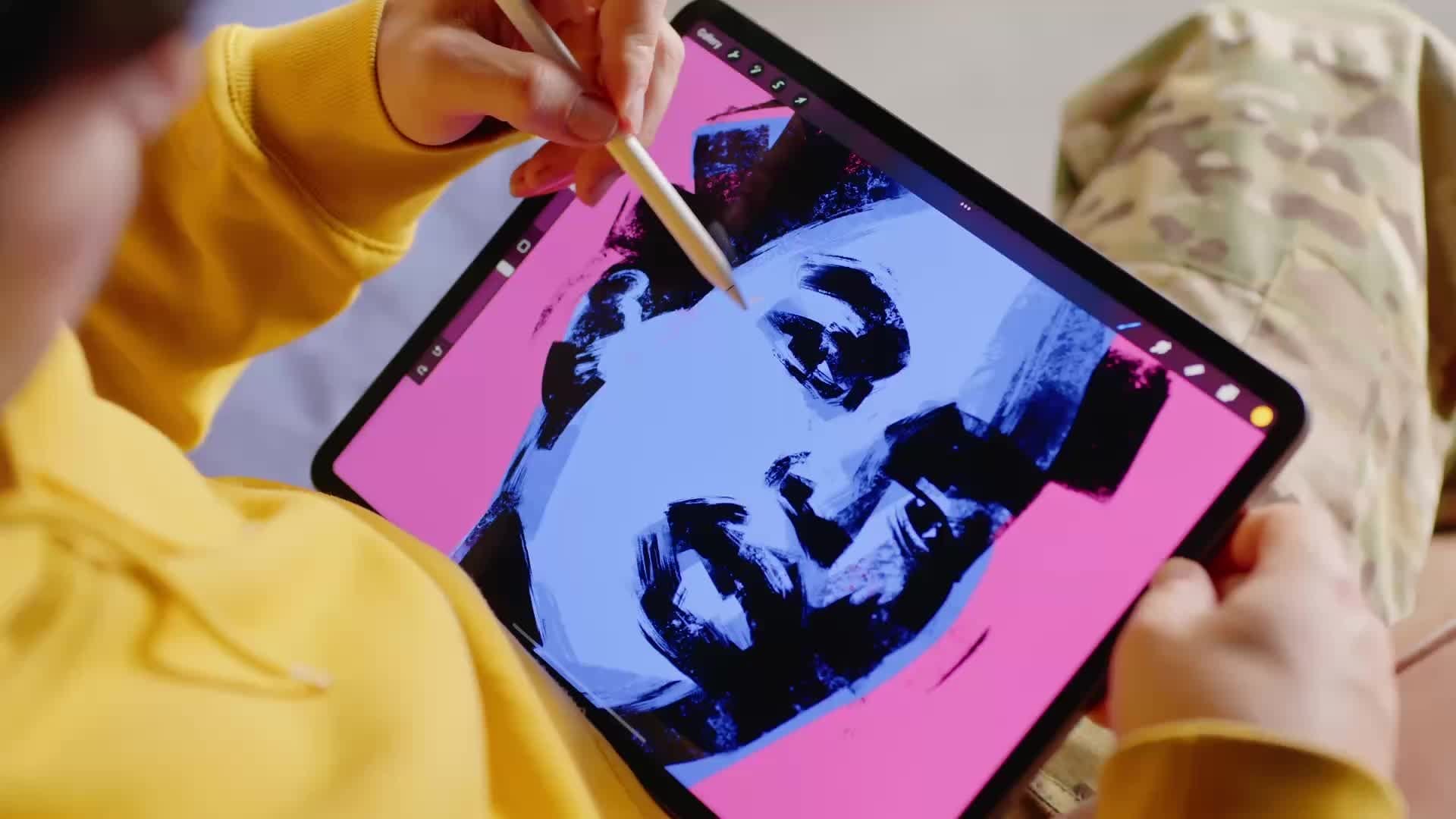Procreate takes a stand against AI, earning praise from digital artists
Procreate rejects generative AI, earning praise from digital artists for supporting human creativity as other companies face backlash.

Procreate, the beloved iPad illustration app, has made waves in the creative community by firmly rejecting the integration of generative AI into its products. In a video posted to X, Procreate’s CEO, James Cuda, declared, “We’re not going to be introducing any generative AI into our products. I don’t like what’s happening to the industry, and I don’t like what it’s doing to artists.”
Table Of Content
<blockquote class="twitter-tweet" data-media-max-width="560"><p lang="en" dir="ltr">We’re never going there. Creativity is made, not generated.<br>You can read more at <a href="https://t.co/9Fgh460KVu">https://t.co/9Fgh460KVu</a> ✨ <a href="https://twitter.com/hashtag/procreate?src=hash&ref_src=twsrc%5Etfw">#procreate</a> <a href="https://twitter.com/hashtag/noaiart?src=hash&ref_src=twsrc%5Etfw">#noaiart</a> <a href="https://t.co/AnLVPgWzl3">pic.twitter.com/AnLVPgWzl3</a></p>— Procreate (@Procreate) <a href="https://twitter.com/Procreate/status/1825311104584802470?ref_src=twsrc%5Etfw">August 18, 2024</a></blockquote> <script async src="https://platform.twitter.com/widgets.js" charset="utf-8"></script>Why artists are concerned
The rise of generative AI has sparked significant concern among digital artists and creatives. There are two primary reasons for this unease. Firstly, many AI models are trained on artists’ work without their permission or compensation. Secondly, there’s a growing fear that the widespread use of AI technology could drastically reduce job opportunities for human artists. These worries have led many digital illustrators to seek alternatives to applications beginning to incorporate generative AI, such as Adobe Photoshop.
On its website, Procreate clearly expressed its stance: “Generative AI is ripping the humanity out of things. Built on a foundation of theft, the technology is steering us towards a barren future. We think machine learning is a compelling technology with a lot of merit, but the path generative AI is on is wrong for us.”
Positive response from the creative community
Procreate’s decision has been met with widespread praise from creatives frustrated with how other companies handle the surge of generative AI tools. For example, Clip Studio Paint, a competing illustration app, was forced to abandon plans to introduce image-generation features after facing backlash from its user base. Additionally, companies like Wacom, known for their drawing tablets, and Wizards of the Coast, the owner of Magic: The Gathering, have issued apologies after unintentionally using AI-generated assets, following similar reactions from the creative community.
Even Adobe, which has attempted to introduce AI tools more ” ethically,” has faced criticism. The company has repeatedly claimed that its Firefly AI models are trained on licensed or out-of-copyright content. However, many creators feel that Adobe has turned its back on independent artists. In June, Adobe clarified that it does not train AI on user content, following a backlash over a term of service update. Despite this, the company’s reputation among creators remains tarnished.
Procreate’s approach resonates with artists
In contrast, Procreate’s approach has been warmly welcomed by artists. The company has maintained a US$12.99 one-time purchase model, avoiding the shift to a subscription-based model that companies like Adobe and Clip Studio Paint have adopted. Procreate has expanded its offerings to include animation tools and plans to develop products for desktop users. This strong stand against generative AI seems to be the final touch for creatives who feel their options are increasingly limited.
James Cuda summed up Procreate’s vision, stating, “We don’t exactly know where this story’s going to go or how it ends, but we believe that we’re on the right path to supporting human creativity.”
















